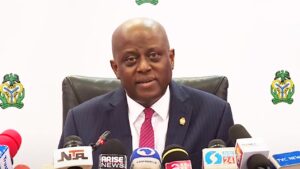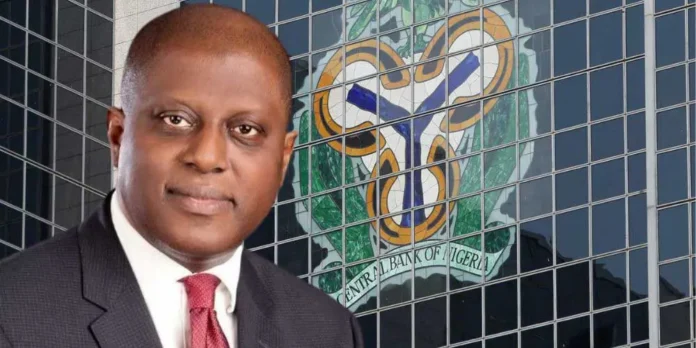The Central Bank of Nigeria (CBN) has announced its partnership with Microfinance Banks (MFBs) to enhance financial inclusion and stimulate the growth of Micro, Small, and Medium Enterprises (MSMEs) in the country.
This was revealed by the CBN Controller of the Yola Branch, Mr. Sah Nyashi, during the inauguration of Dabtikir Microfinance Bank Limited in Hong, the headquarters of Hong Local Government Area in Adamawa State.
Represented by Adamu Yusuf, Head of the Currency Management Office, Mr. Nyashi emphasized that the partnership would ensure the effective implementation of the Agricultural Credit Guarantee Scheme.
“CBN would continue to partner with you in the areas of Micro, Small, and Medium Enterprises, the Agricultural Credit Guarantee Scheme, and Financial Inclusion,” Nyashi stated.
He added, “This partnership comes at a time when the less privileged really need access to funds to develop and expand their economic activities.
Microfinancing is part of the strategy CBN employs to enhance economic growth and sustainability in Nigeria by channeling loans and credit to the populace.”
He urged the community to take advantage of the opportunities provided to improve their businesses.

Dr. Asongo Abraham, who also spoke at the event, described MFBs as “beacons” of hope for community development and nation-building.
“Microfinance provides access to capital critical for small businesses to thrive, create employment opportunities, and improve living standards,” Abraham said, advising the bank’s management to embrace technology in their operations and build trust with customers for successful business growth.
In his remarks, Prof. Benson Baha, Provost of the College of Education, Hong, encouraged the people to open accounts with the bank, noting that the aim of establishing the bank was to promote rural development through the provision of finance and banking services to the host communities.
The Speaker of the Adamawa State House of Assembly, Mr. Bathiya Wesley, pledged his support for the MFBs, emphasizing their role in contributing to the social and economic well-being of the people at the grassroots level.




